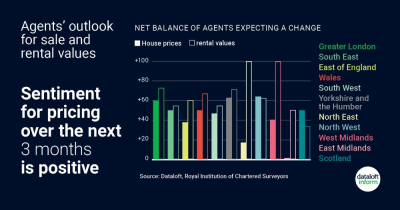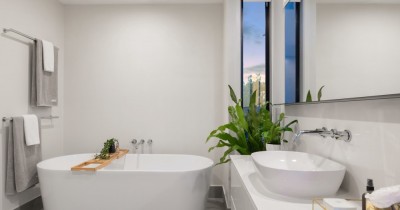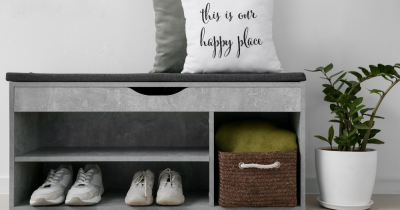House prices hit another new record in March with the average price breaking through the £350,000 price barrier for the first time, a jump of 1.7%. Family homes of four bedrooms plus enjoyed an even bigger monthly price surge of 3.8% – the equivalent of an additional £23,619.
Spring has sprung, a time when many of us think not only about a spring clean but also about bigger more costly home projects or conversely decide that now is the time to sell up and move on. When the sun is shining and our gardens start to wake up, it’s easier to impress potential buyers and achieve the best price for you home.
Sentiment for pricing over the next three months is positive:
1 in 5 deals are snapped up in the first week on the market ...
Where do you like to go for your cuppa? Whose flat whites set you up for the day? Where do you like to meet up with friends to put the world to rights over a large pot of Earl Grey? Which is your favourite hang-out for lunch or an afternoon treat?
If you are already a landlord, you will know about the endless rules and regulations you have to abide by. If you are not yet a landlord but are thinking about becoming one, this article will help keep you on the right side of the law!
Many property searchers consider the bathroom as a key selling point when buying a property. If the bathroom is a bit naff, it can certainly put a buyer off. So, what will make your bathroom capture the attention of buyers and keep those offers coming in?
After a long cold winter, the early spring flowers are finally shooting up from the ground. But as gardens begin to 'spring' back to life, things can start to look a bit untidy.
Technology can make our lives easier, complete tasks for us, or even just make us smile. It's possible to get gadgets for all manner of things. even the most technophobic of us can figure out how to use Bluetooth. So, what technology is available inside the home that can make your life easier?
There’s no greater endorsement than a recommendation. It’s a real compliment when you recommend us to people you know and we’d like to say ‘thank you’.
It happens in every industry – there’s always a few assumptions, myths, half-truths out there which everyone assumes is true when they aren’t. Separate fact from fiction and find out if what you’ve read online is really the truth…
It’s proven that within a few minutes of walking into your home, many buyers have already decided if it’s for them or not. First impressions are key, so why are we dismissing the first ‘room’ to be stepped in? Find out how to stage your hallways to sell your home…











